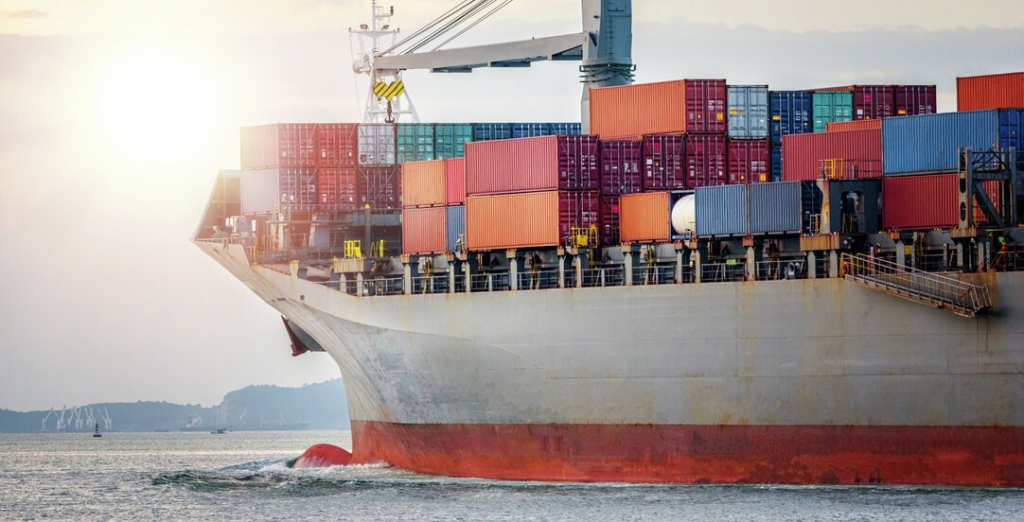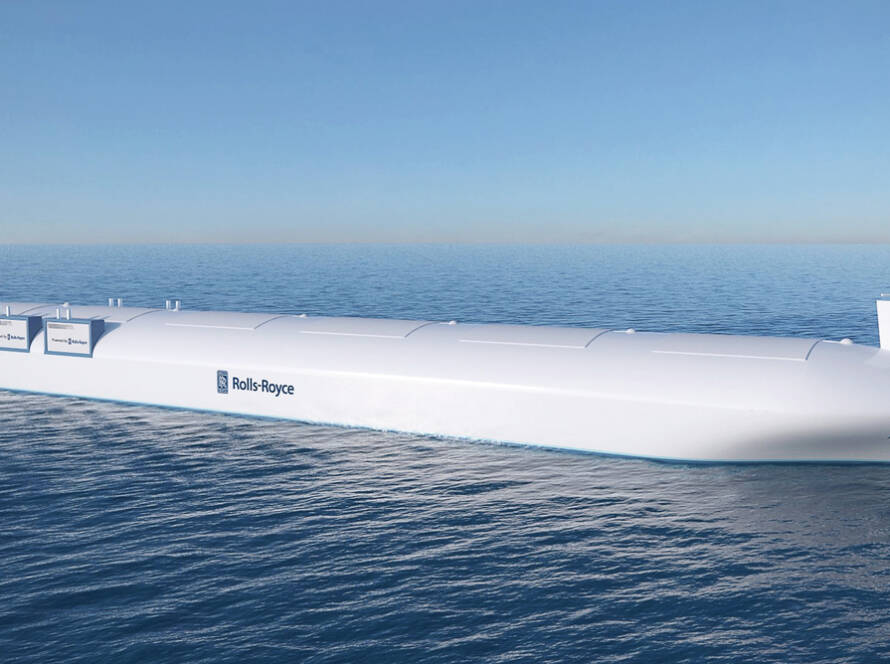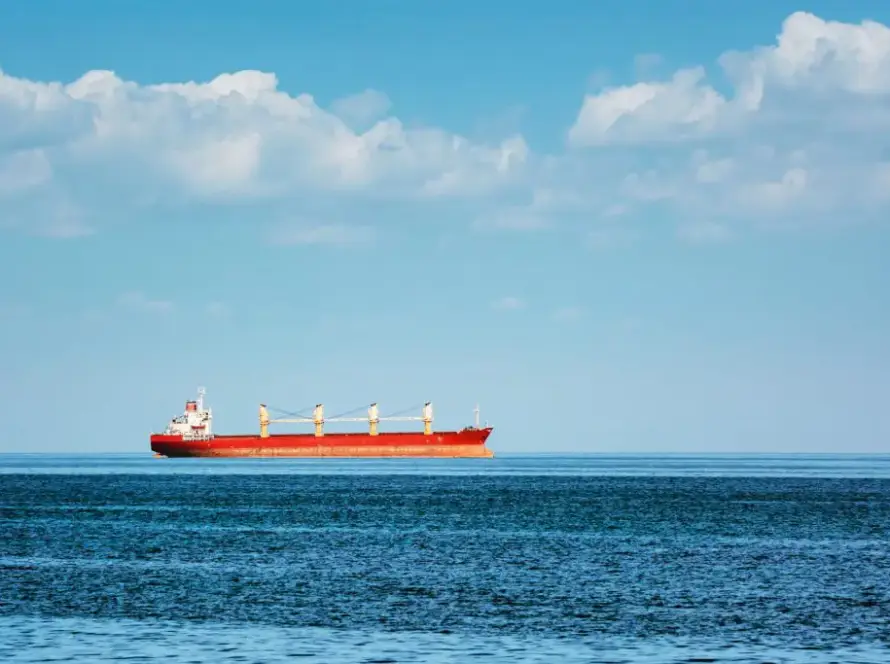In an era of heightened environmental consciousness and sustainable practices, international maritime regulations have become pivotal in safeguarding the world’s oceans and air quality. The MARPOL Annex VI, short for the International Convention for the Prevention of Pollution from Ships, Annex VI, lays down stringent requirements to mitigate air pollution from ships. This article delves into the significance of MARPOL Annex VI, its requirements, and the global implications of compliance.

Understanding MARPOL Annex VI
The International Maritime Organization (IMO) adopted the MARPOL Annex VI in 1997, and it officially entered into force in 2005. This international treaty represents a collective effort to address air pollution from ships by regulating their emissions. It sets forth guidelines to control the emission of pollutants from marine engines and boilers, aiming to reduce their adverse impact on the atmosphere and human health.
Key Requirements of MARPOL Annex VI

- Sulfur Oxide (SOx) Emissions Control:
MARPOL Annex VI mandates stringent controls on the sulfur content of marine fuels. Since its introduction, the sulfur cap has gradually reduced, culminating in a global sulfur limit of 0.50% m/m (mass by mass) in 2020, down from the previous 3.50% m/m. This significant reduction has resulted in a considerable decrease in sulfur dioxide emissions, thus benefiting air quality and public health.
- Nitrogen Oxide (NOx) Emissions Control:
The regulations also target nitrogen oxide emissions from ship engines. Vessels must adhere to specific NOx emission limits, which can be met through various technological solutions such as exhaust gas recirculation (EGR) systems, selective catalytic reduction (SCR), or the use of cleaner-burning fuels.
- Particulate Matter Emissions:
MARPOL Annex VI also addresses particulate matter emissions, with guidelines for the control of black carbon, organic carbon, and other fine particles. Advanced exhaust gas cleaning systems, commonly known as “scrubbers,” are employed by some ships to reduce particulate matter emissions.
- Energy Efficiency Measures:
Vessels must employ energy efficiency measures to reduce their overall emissions, such as optimizing voyage planning, hull and propeller cleaning, and employing more efficient technologies in ship design and operation.
Global Implications of MARPOL Annex VI Compliance
- Environmental Conservation:
Compliance with MARPOL Annex VI ensures that ships play their part in reducing greenhouse gas emissions, preserving air quality, and safeguarding the world’s oceans and coastlines. This is a significant step toward global environmental conservation and climate change mitigation.
- Public Health Benefits:
By reducing air pollutants like sulfur dioxide, nitrogen oxides, and particulate matter, MARPOL Annex VI indirectly contributes to public health improvements. Fewer emissions from ships translate into cleaner air and reduced respiratory problems in coastal communities.
- Technological Advancements:
The implementation of MARPOL Annex VI has prompted innovations in maritime technology, encouraging the development of cleaner-burning fuels, more efficient engines, and exhaust gas treatment systems. This, in turn, has far-reaching effects on the entire shipping industry.
- Global Cooperation:
MARPOL Annex VI exemplifies international cooperation in addressing environmental challenges. All parties to the treaty work together to enforce regulations, monitor emissions, and foster sustainable practices in the maritime sector.
Challenges and Future Prospects

While MARPOL Annex VI has brought about significant positive changes in maritime pollution control, challenges remain. Monitoring and enforcement can be complex, and some ship operators may attempt to evade regulations. Additionally, there is an ongoing discussion about further tightening emission standards to achieve even greater environmental benefits.
In conclusion, MARPOL Annex VI stands as a testament to the international community’s commitment to environmental protection. By regulating and controlling ship emissions, it helps ensure that the maritime industry becomes more environmentally responsible. Compliance with these requirements is not just a legal obligation; it is a crucial step toward a more sustainable and cleaner future for our oceans and the planet as a whole. It is imperative that both the maritime industry and regulatory bodies continue to work together to strengthen these regulations and further reduce the ecological footprint of shipping operations.


